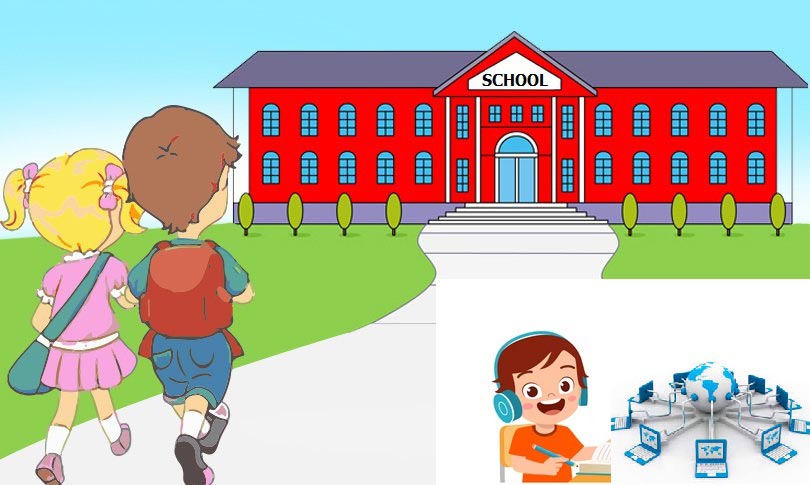
Importance of Extracurricular Activities in the Development of Children in Nepal
Extracurricular activities have become vital to a child's education in Nepal. Schools are now emphasizing children's all-round development rather than book knowledge. Child psychologists say that the period between two and ten years is the time to lay the foundation for children's lives, so parents and schools should monitor children now.
This article will discuss the importance of extracurricular activities in developing children in Nepal.
All-Round Development of Children:
Extracurricular activities such as playing, dancing, singing, swimming, horse riding, karate, personality arts, and others help children develop holistically. They teach children to follow rules, socialize with others, take turns, and be patient. Dance songs reflect children's childhood and emphasize their holistic development all around.
Schools in Nepal:
Schools in Nepal are now conducting classes for book knowledge and extracurricular activities. The education provided by schools in Nepal is of an international level, and schools are now focusing on making global citizens. The school has emphasized extracurricular activities rather than book knowledge, and children in Nepal have received international-level practical knowledge education.
Importance of Practical Learning:
Believes that theoretically learned knowledge should be converted into practical knowledge, and emphasis should be placed on education. Children learn faster and remember for a long time when taught through acting and singing instead of memorizing in class. Therefore, the teaching style and way of evaluating education should be changed.
Role of Parents:
Child psychologists say that parents and schools should monitor children between the ages of two and ten. Children need emotional, physical, mental, and moral development; they cannot become good citizens if this does not happen at the right time.
Child-Friendly Teaching and Learning:
Nepali schools have emphasized child-friendly teaching and learning. A curriculum for participatory education for children has been prepared. Teaching and learning activities using children's senses have also started in schools in Nepal. The teacher should prepare the educational materials and class activities for every activity and plan which subject and how to teach it.
Conclusion:
In conclusion, the importance of extracurricular activities in developing children in Nepal cannot be overstated. Schools in Nepal have realized this and are now focusing on making students global citizens. Parents and schools must work together to ensure that children receive a holistic education focusing on theiroverall development.


